Incoming European Commission president Jean-Claude Juncker says he wants the EU executive to be “very political.”
Juncker’s line-up included some surprises after weeks of speculation in Brussels.
The former Luxembourg premier said political experience was paramount to become a commissioner, so that’s why he has named a number of ex-prime ministers on his team.
“I wanted former leaders, ex-ministers who know the job, who know the Council, the Parliament, who know about public opinion. This will be a very political Commission.”
Former French finance minister Pierre Moscovici was named as the new economics czar on the day France announced it would miss EU spending targets.
“I know Mr. Moscovici very well. We were on the Eurogroup together and he knows Europe well, good knowledge of France. He’ll have a lot of work in France with regards to France,” said Juncker.
Britain’s Jonathan Hill lands the financial services portfolio.
It’s a victory for a country worried about EU regulation hurting the City of London.
“I think he is the man for the job. What’s more I wanted to give the UK an important position, as I didn’t want to seen to be settling scores with Britain over the inelegant way the British PM opposed my appointment at the head of the Commission,” Juncker added.
Juncker’s team of 27 commissioners will now need to be approved by the European Parliament.
They’ll each have to take part in hearings with MEPs, who can block appointments they disagree with.
If confirmed, the next EU executive will take over on the first of November.
EU Commission members by Country
Full list of the EU Commission members
President of the European Commission
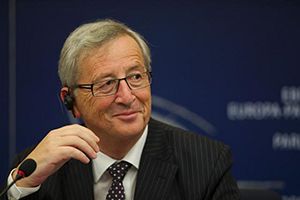
Jean-Claude Juncker (Luxembourg)### Commissioners-designate
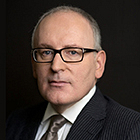
Frans Timmermans (The Netherlands)
First Vice-President
Better Regulation, Inter-Institutional Relations, the Rule of Law and the Charter of Fundamental Rights
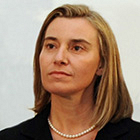
Federica Mogherini (Italy)
High Representative of the Union for Foreign Affairs and Security Policy / Vice-President of the Commission
Vice-Presidents
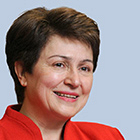
Kristalina Georgieva (Bulgaria)
Budget & Human Resources
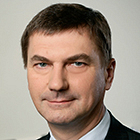
Andrus Ansip (Estonia)
Digital Single Market
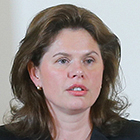
Alenka Bratušek (Slovenia)
Energy Union
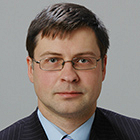
Valdis Dombrovskis (Latvia)
Euro & Social Dialogue
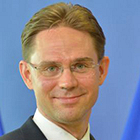
Jyrki Katainen (Finland)
Jobs, Growth, Investment and Competitiveness
Members of the Commission
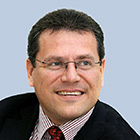
Maroš Šefčovič (Slovakia)
Transport & Space
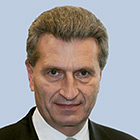
Günther Oettinger (Germany)
Digital Economy & Society
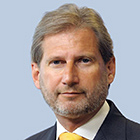
Johannes Hahn (Austria)
European Neighbourhood Policy & Enlargement Negotiations
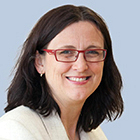
Cecilia Malmström (Sweden)
Trade
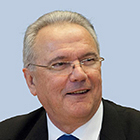
Neven Mimica (Croatia)
International Cooperation & Development
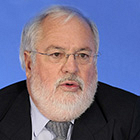
Miguel Arias Cañete (Spain)
Climate Action & Energy
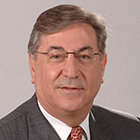
Karmenu Vella (Malta)
Environment, Maritime Affairs and Fisheries
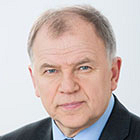
Vytenis Andriukaitis (Lithuania)
Health & Food Safety
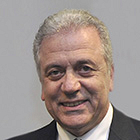
Dimitris Avramopoulos (Greece)
Migration & Home Affairs
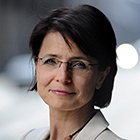
Marianne Thyssen (Belgium)
Employment, Social Affairs, Skills and Labour Mobility
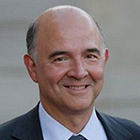
Pierre Moscovici (France)
Economic and Financial Affairs, Taxation and Customs
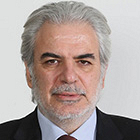
Christos Stylianides (Cyprus)
Humanitarian Aid & Crisis Management
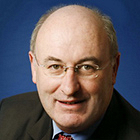
Phil Hogan (Ireland)
Agriculture & Rural Development
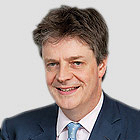
Jonathan Hill (United Kingdom)
Financial Stability, Financial Services and Capital Markets Union
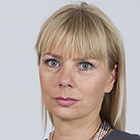
Elżbieta Bieńkowska (Poland)
Internal Market, Industry, Entrepreneurship and SMEs
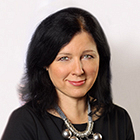
Vĕra Jourová Justice (Czech Republic)
Consumers and Gender Equality
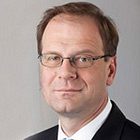
Tibor Navracsics (Hungary)
Education, Culture, Youth and Citizenship
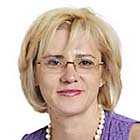
Corina Creţu (Romania)
Regional Policy
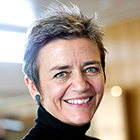
Margrethe Vestager (Denmark)
Competition
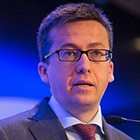
Carlos Moedas (Portugal)
Research Science and Innovation











